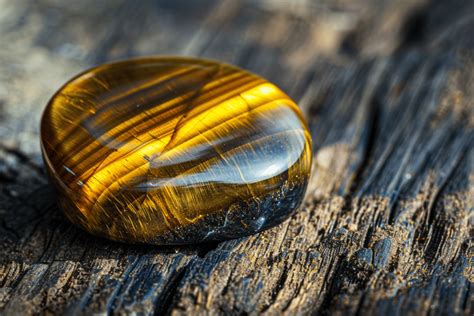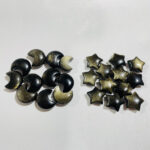Introduction
Imagine walking through a dark cave or trekking under a moonless night sky, and suddenly, you encounter rocks that emit an ethereal glow. This mesmerizing phenomenon has captivated the human imagination for centuries, inspiring wonder and fueling scientific inquiry. In this article, we delve into the captivating world of rocks that glow in the dark, exploring their enigmatic origins, diverse applications, and the potential they hold for groundbreaking discoveries.

Phosphorescence: The Science Behind the Glow
Rocks that glow in the dark, also known as phosphorescent rocks, possess the ability to absorb energy from a light source and release it as visible light over time. This remarkable property, known as phosphorescence, is distinct from fluorescence, which involves the immediate re-emission of absorbed light. Phosphorescence typically occurs in the presence of specific minerals or impurities that act as activators within the rock’s crystalline structure.
Types of Phosphorescent Rocks
The world of phosphorescent rocks is diverse, with different types exhibiting varying intensities and durations of glow. Some of the most notable examples include:
| Rock Type | Activator Mineral | Color of Glow | Duration of Glow |
|---|---|---|---|
| Fluorite | Rare earth elements | Blue, green, purple, red | Several hours |
| Calcite | Manganese | Orange, yellow, red | Up to 30 minutes |
| Sodalite | Rare earth elements | Yellow, orange | Several hours |
| Willemite | Zinc | Yellow, green, blue | Several days |
Applications of Phosphorescent Rocks
The captivating glow of phosphorescent rocks has inspired a wide range of practical and artistic applications. From enhancing safety to illuminating decorative elements, these rocks offer unique solutions:
Lighting
Phosphorescent rocks have been incorporated into light-emitting materials, paving the way for self-illuminating sidewalks, glow-in-the-dark paint, and emergency lighting systems. By absorbing natural or artificial light during the day, these materials can glow for extended periods, providing illumination in areas with limited or no electricity.
Decorative Purposes
The ethereal glow of phosphorescent rocks adds a touch of magic to jewelry, home décor, and artistic creations. From mesmerizing pendants and earrings to enchanting wall art and garden ornaments, these rocks captivate the eye and create a unique ambiance.
Safety
Phosphorescent rocks enhance visibility and safety in low-light conditions. They are used to mark escape routes, illuminate stairs, and provide guidance in hazardous areas.
Research and Future Applications
The scientific exploration of phosphorescent rocks continues to uncover new insights and potential applications. Researchers are actively investigating:
Enhanced Phosphorescence
Scientists are exploring ways to intensify and prolong the glow of phosphorescent rocks. By optimizing crystal structures and introducing new activators, they aim to create materials with brighter and longer-lasting emissions.
Novel Applications
Beyond traditional uses, phosphorescent rocks hold promise for innovative applications in fields such as biomedicine, energy storage, and sensing technologies. Their luminescent properties could lead to breakthroughs in medical imaging, solar energy conversion, and the development of advanced sensors.
Applications in the Automotive Industry
Phosphorescent rocks have the potential to revolutionize the automotive industry. By incorporating these materials into car paint, dashboards, and safety features, vehicles could glow in the dark, enhancing visibility and reducing the risk of accidents.
Merging Science and Art
The interplay between science and art is evident in the realm of phosphorescent rocks. Artists and designers harness the unique properties of these rocks to create captivating installations, sculptures, and wearable art. By blending scientific knowledge with artistic expression, they transform the rocks into objects of beauty and wonder.
Conclusion
Rocks that glow in the dark, a testament to nature’s marvels, continue to spark our curiosity and inspire innovation. From their practical applications in lighting and safety to their artistic appeal, these rocks offer boundless opportunities for scientific exploration and creative expression. As research deepens our understanding of the science behind phosphorescence, we can expect to witness even more groundbreaking applications for these enigmatic wonders.




























